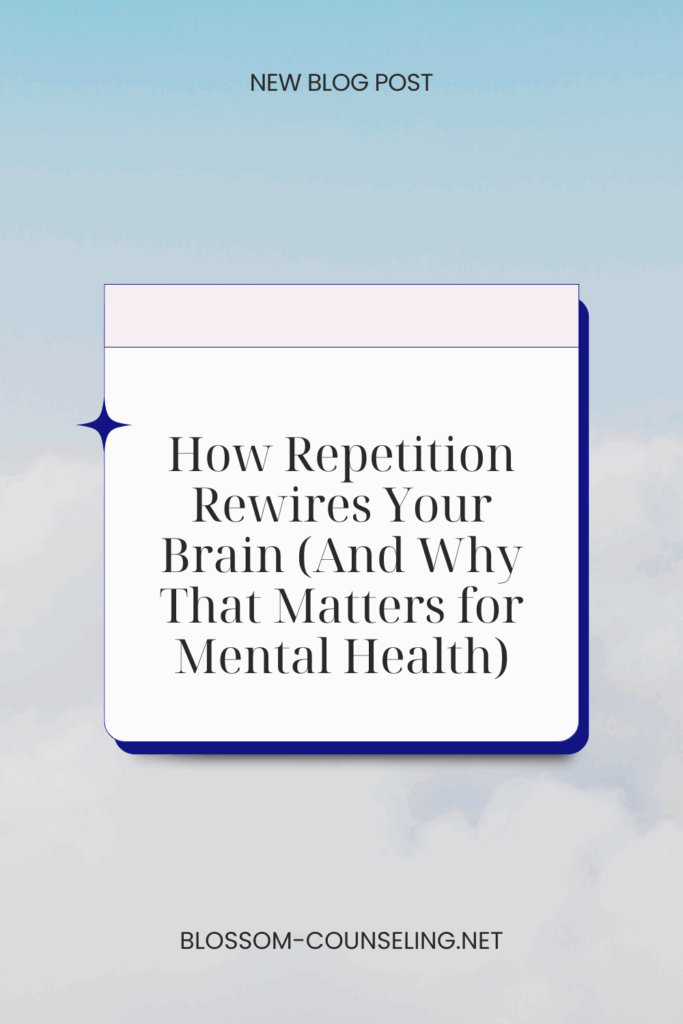
Talking about mental health doesn’t have to feel like you’re walking through a minefield, tiptoeing around the fear of saying the wrong thing. In fact, opening up the dialogue about mental health issues can be a game-changer in how we support ourselves and the people we care about. Whether you’re reaching out for support or offering a shoulder to lean on, mastering the art of this conversation is an invaluable skill in today’s world.
Why Talking Matters
First things first: why are we even talking about talking? Well, mental health, much like physical health, is a crucial aspect of our overall well-being. It’s something we all have, and yet, discussing it openly remains a hurdle for many. The good news is, every conversation we have about mental health chips away at the stigma, making it easier for everyone to seek help without fear of judgment.
Getting the Ball Rolling
Initiating a conversation about mental health might seem daunting, but it’s really about creating a safe, open, and non-judgmental space. Here’s how you can make that happen:
Pick Your Moment: Timing is everything. Choose a quiet, private space where you won’t be interrupted. Ensure you’re both in a relatively calm state of mind and not in the middle of a stressful situation.
Lead with Empathy: Start with how you feel, using “I” statements to express your concerns. This could be something like, “I’ve noticed you’ve seemed really down lately, and I’m genuinely worried about you.”
Listen Actively: This is where you channel your inner therapist—nod, make eye contact, and resist the urge to jump in with advice right away. Sometimes, being heard is all someone needs to feel supported.
Avoid Judgment: Our words carry weight, so choose them wisely. Avoid dismissive statements like “Just cheer up!” or “You’re overreacting.” Instead, validate their feelings with affirmations like, “It sounds like you’re going through a really tough time.”
Educate Yourself: The more you know about mental health, the better equipped you are to have these conversations. Familiarize yourself with the basics of common mental health issues, treatment options, and local resources.
Encourage Professional Help: While it’s great to offer support, remember that you’re a friend, not a therapist. Encouraging someone to seek professional help is one of the most supportive steps you can take.
When It’s Your Turn to Share
Opening up about your own mental health takes courage. It’s okay to be selective about who you share with, ensuring they’re someone you trust to respond with kindness and support. Start small, sharing only what you’re comfortable with, and remember that seeking help is a sign of strength, not weakness.
Building a Culture of Openness
Every conversation about mental health contributes to a larger cultural shift towards openness and acceptance. By talking openly, we pave the way for a society where seeking help and supporting each other becomes the norm, not the exception.
Remember, You’re Not Alone
If the thought of having these conversations feels overwhelming, you’re not alone. Many find discussing mental health challenging, but with practice, it becomes easier. Whether you’re on the giving or receiving end of the conversation, know that reaching out is a powerful first step towards healing and understanding.
In essence, talking about mental health is about connecting—recognizing our shared struggles, offering support, and reminding each other that no one has to face their battles alone. So, let’s keep the conversation going. Because together, we can break down barriers and build a world where mental well-being is everyone’s priority.




